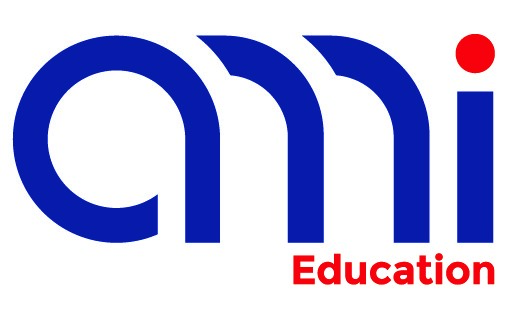Canada’s ongoing efforts to curb the spread of COVID-19 includes requiring every traveler entering Canada, regardless of nationality or where they are coming from, to quarantine themselves for 14 days, with very few exceptions. The government administers this requirement in part by screening travelers at ports of entry and by collecting information about where they plan to quarantine for 14 days. Until recently, this information was collected only by way of a paper Coronavirus Form, which a traveler would fill out by hand and submit to a Border Services Officer upon arrival in Canada. On April 30, 2020, Health Canada launched the ArriveCAN mobile app, available for iOS and Android, which gives travelers the opportunity to input their quarantine information ahead of time and in a contactless manner.
Health Canada states that the purpose of the app is to reduce wait times at Canadian ports of entry and to limit points of contact. In other words, filling in the necessary information on the app allows travelers to have a comparatively shorter conversation with a Border Services Officer and limits the level of physical contact by reducing the exchange of paper. The form filled out in the app requests the following information:
- Flight details for travelers arriving by air;
- Name and dates of birth for each traveler in the same household;
- The travelers’ destination in Canada, including the address at which they will be staying during the 14 days after they arrive; and
- The travelers’ email address and telephone numbers.
The app also includes a COVID-19 Self-Assessment and Quarantine Plan Questionnaire, which asks travelers whether they are experiencing COVID-19 symptoms, whether there will be vulnerable people at their quarantine location, and if they will have access to food, medication, or other necessities while in quarantine. The forms in the app can be filled out using airplane mode. Once completed, the information is submitted by entering a token number, which is displayed on signs located around airports and at land borders.
With regard to privacy concerns, Health Canada notes that the app is not used to track people’s location through their phone or via GPS, or as a surveillance tool. Due to security concerns regarding the protection of personal information, a disclaimer in the app’s privacy statement recommends against using the airport’s free public Wi-Fi when submitting the form and using one’s own cellular connection instead.
COVID-19 has drastically changed the way we do things, forcing governments to turn to technology to modernize longstanding procedures in an effort to slow down the spread of the virus. The ArriveCAN app appears to be one of the latest examples of this trend.
